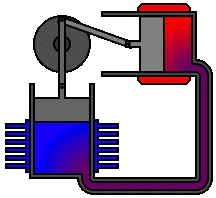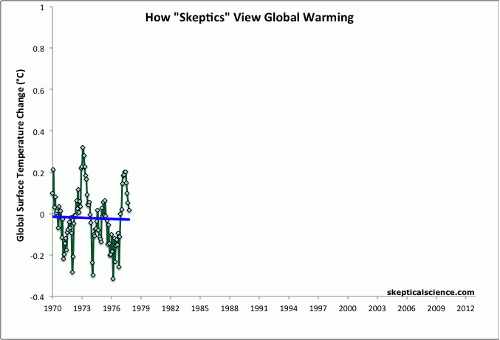Star
Gold Member
- Apr 5, 2009
- 2,532
- 614
- 190
.
Climate Change And Blizzards May Be Connected, Global Warming Studies Demonstrate
SETH BORENSTEIN
02/18/2013
WASHINGTON (AP) With scant snowfall and barren ski slopes in parts of the Midwest and Northeast the past couple of years, some scientists have pointed to global warming as the culprit.
Then when a whopper of a blizzard smacked the Northeast with more than 2 feet of snow in some places earlier this month, some of the same people again blamed global warming.
How can that be? It's been a joke among skeptics, pointing to what seems to be a brazen contradiction.
But the answer lies in atmospheric physics. A warmer atmosphere can hold, and dump, more moisture, snow experts say. And two soon-to-be-published studies demonstrate how there can be more giant blizzards yet less snow overall each year. Projections are that that's likely to continue with man-made global warming.
Consider:
<More Here>
.
Climate Change And Blizzards May Be Connected, Global Warming Studies Demonstrate
SETH BORENSTEIN
02/18/2013
WASHINGTON (AP) With scant snowfall and barren ski slopes in parts of the Midwest and Northeast the past couple of years, some scientists have pointed to global warming as the culprit.
Then when a whopper of a blizzard smacked the Northeast with more than 2 feet of snow in some places earlier this month, some of the same people again blamed global warming.
How can that be? It's been a joke among skeptics, pointing to what seems to be a brazen contradiction.
But the answer lies in atmospheric physics. A warmer atmosphere can hold, and dump, more moisture, snow experts say. And two soon-to-be-published studies demonstrate how there can be more giant blizzards yet less snow overall each year. Projections are that that's likely to continue with man-made global warming.
Consider:
<More Here>
.




